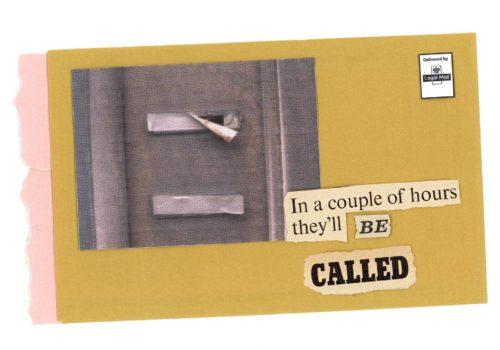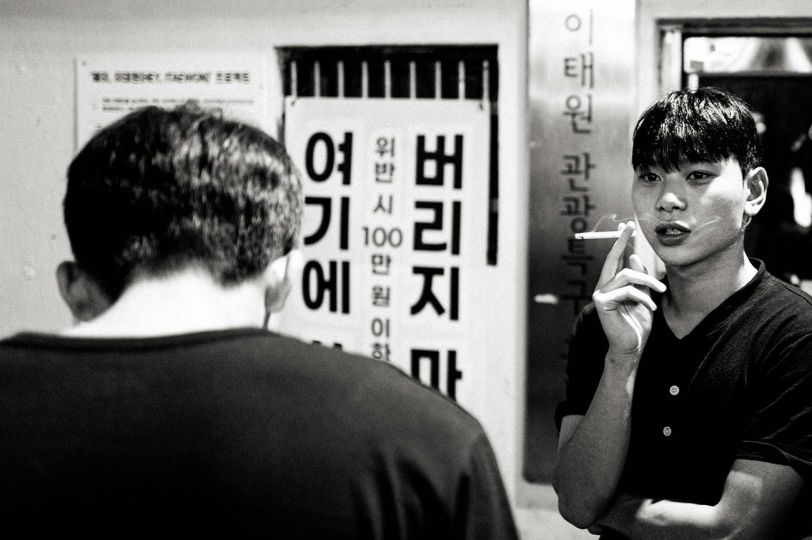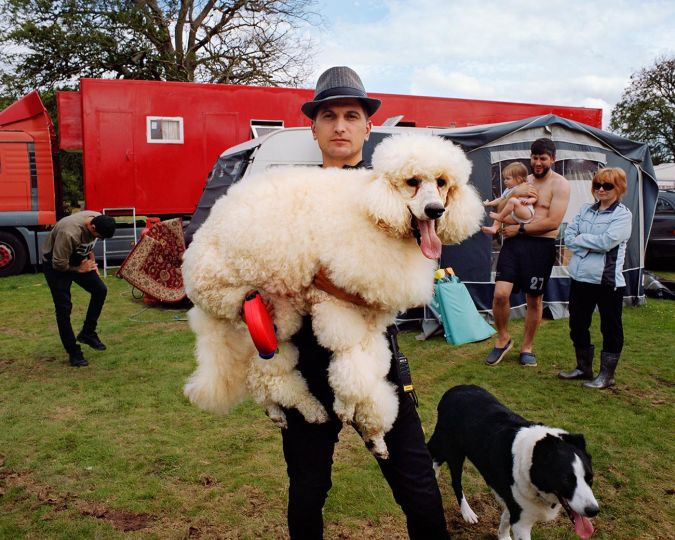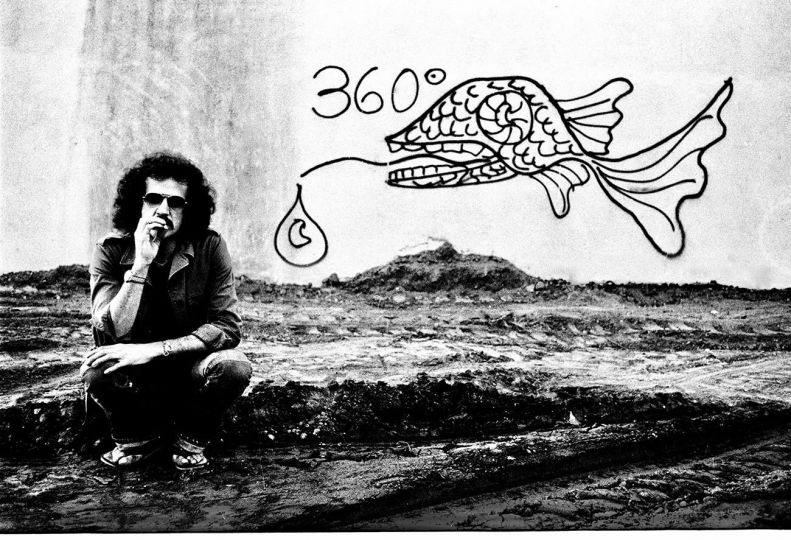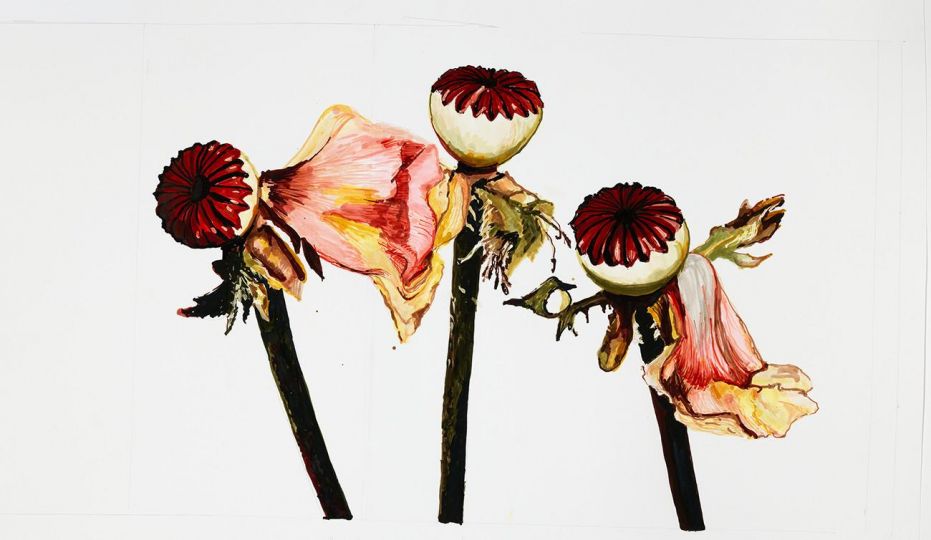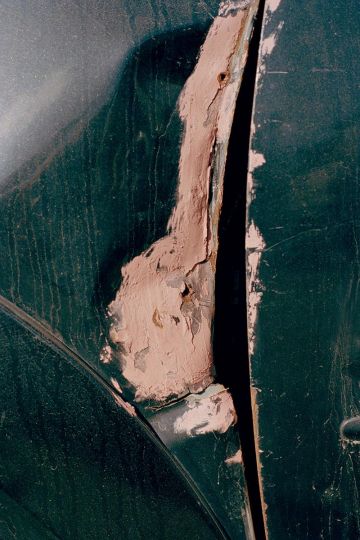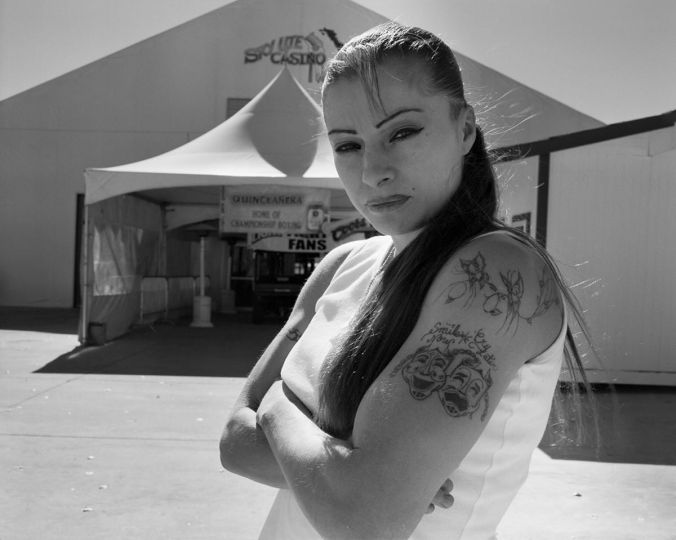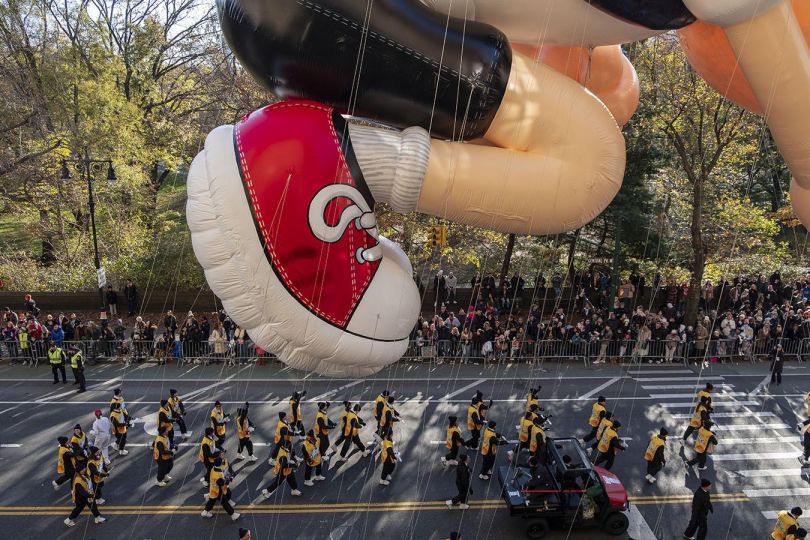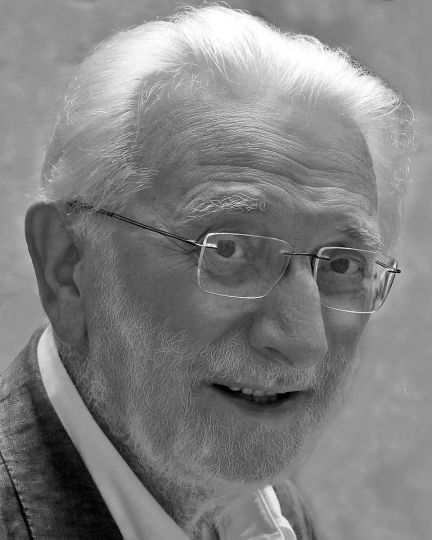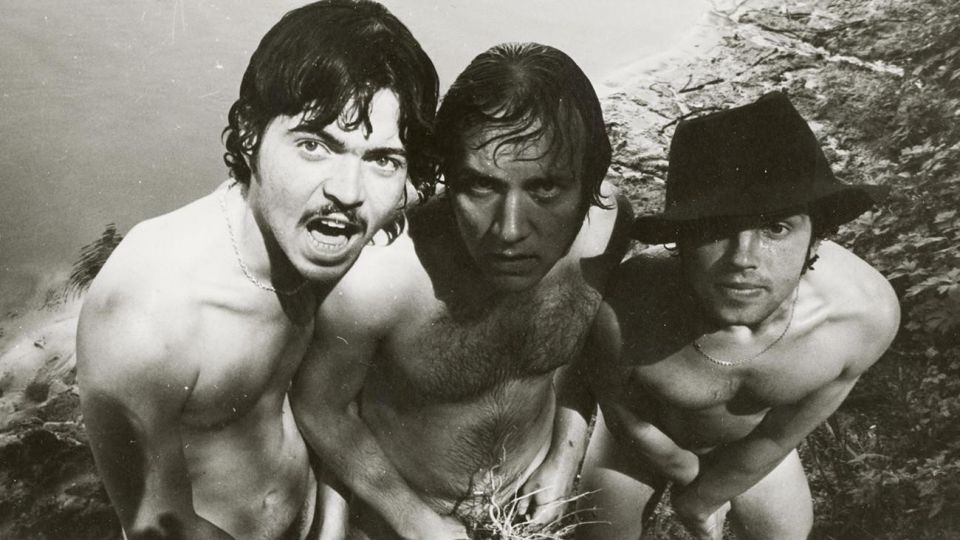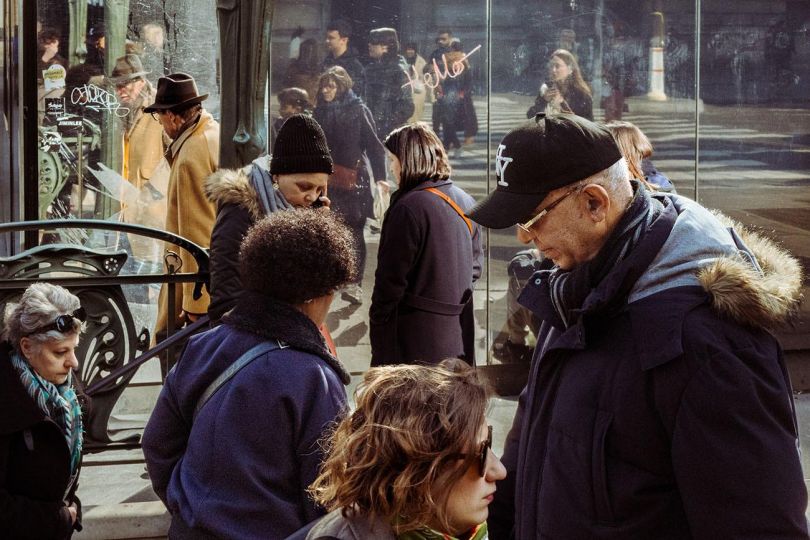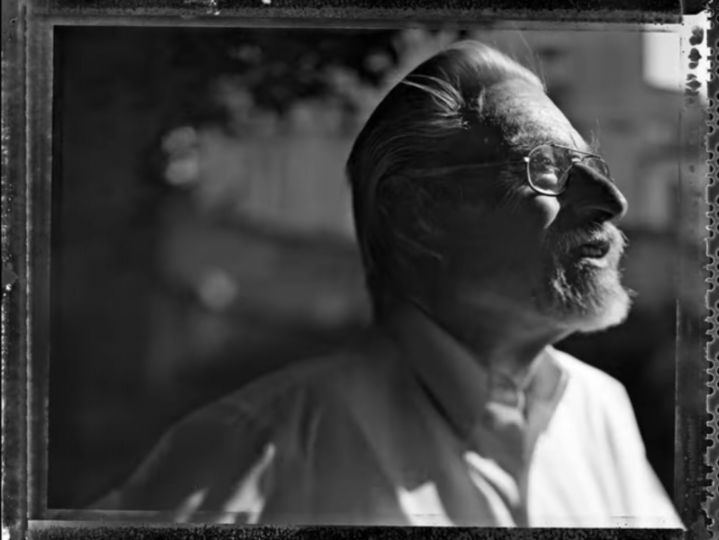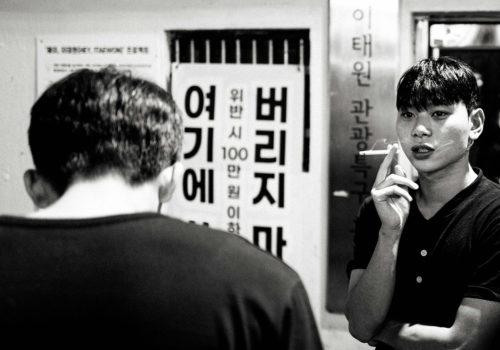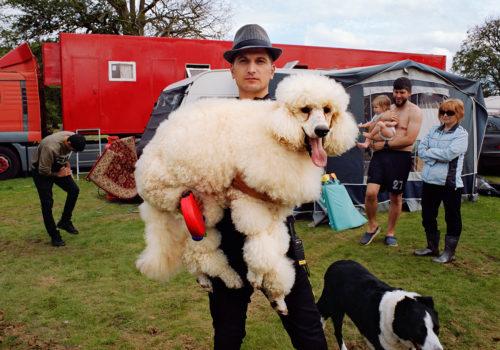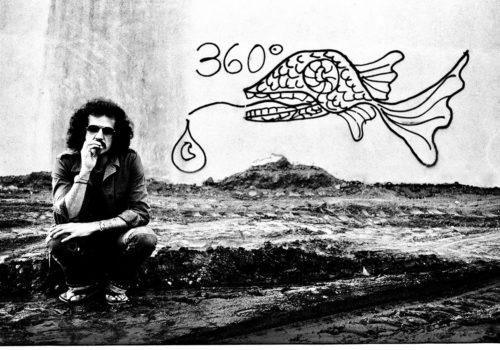Driven by mystery and deception, Being Framed is a multi-layered project by Laura Chen that explores ideas of speculative documentary and questions photography’s ambivalent status between fact and fiction within a narrative of imagined crimes, investigated by protagonist police detective DCI Dean Wilson.
“Ever since I can remember, I have been fascinated by the idea of being a detective or undercover agent; to solve mysteries in search of truth, reason and meaning. When I was younger, I was constantly speculating about people and scenarios, imagining to be involved in some kind of secret investigation. I would spy on my family at home, using my monoculars and periscope to see what they were doing and would overhear their conversations. I would take notes, writing down their actions and words in great detail, according to every minute. One time, in the early morning, while both my parents were still asleep, I took a sample of their fingerprints using a pencil and a piece of adhesive tape. I also plucked a hair from their heads with tweezers. I still got their over ten-year-old DNA embellishing a page in one of my reports. As a kid I would also watch strangers and passersby from my bedroom window, observing their movements and interactions. In hindsight, this all sounds a bit strange. Why did I do this?
Curious by nature, I still question everything now as a grown up. I suppose there was always something in me that was drawn to observing things and others, especially secretly. I think it is exactly this prying mentality that led me to photography later in life.
The concept of analysis and illusion became the blueprint of my narrative-led project ‘Being Framed’, in which I explore my interests in parafiction, criminology, psychology, sociology, and of course, the medium of photography. For this project, I decided to take the traditional notion of crime out of context and look at the overarching “detective genre” from a more conceptual standpoint. The work is based on a made up story and character. I set out to create something visually enigmatic and mysterious; a cryptic space that oscillates between reality and fantasy, the past and the present. Something dark, moody and gritty, like a typical film noir. The resulting images are hard to pinpoint, because they feel both old-fashioned and modern, and appears to be truthful yet have a humorous undertone.
The project is divided into two main elements or chapters: the crime scene (on location) and the space where it’s studied (the detective’s office). With a juvenile spirit, I capture the “evidence” and “crime scenes” I envision in front of me when walking the streets of London with my camera. I photograph everything that has a “suspicious” quality. It is all about speculation. Usually, it is not until when I review the images I have been taking, that I start to join the dots. Working in this retrospective manner, I begin to see correlations between certain images — whether odd juxtapositions or lucky coincidences — that I put together to tell a carefully curated story.
I made props or sourced them from charity shops, and used my own belongings to design and build small scale sets around the house that envisioned the detective’s office.
Lucky me, I lived in a house-share in London at the time, and my landlord was a retired criminologist. He had all kinds of “souvenirs” from his time as a professor working both in and with the force, so I incorporated lots of his memorabilia in my photographs. His office was like a museum with hundreds of books and trinkets, making it the ideal backdrop for many of the shots too.”
On the project Being Frame
Driven by mystery and deception, Being Framed is a multi-layered project that explores ideas of speculative documentary and questions photography’s ambivalent status between fact and fiction within a narrative of imagined crimes, investigated by protagonist police detective DCI Dean Wilson.
Revolving around issues of pretence, surveillance and hypothesis, Being Framed exposes the subjectivity and fragility of our perception by tampering with the truth for the sake of storytelling and illustration.
“In 1979, a police station in North London branched out to specialise in peculiar crimes. Leading the investigations was Detective Chief Inspector (DCI) Dean Wilson, who dedicated his whole life to fighting what the traditional, prevailing criminal justice system would consider “petty offences and misdemeanours”. From a young age, DCI Wilson took minor wrongdoings very seriously. Once Head of the Department of Marginalised Cases (DMC), he went above and beyond to fight any form of uncalled-for behaviour, confronting those who breached the established social codes of conduct. From secret gatherings and heated arguments with next-door neighbours, to stolen and broken possessions, it was his duty to handle the disputes between members of the community, treating each case equally and fairly.”
The title, Being Framed, plays with the twofold-ness of the expression; how it can be used to refer to both incrimination and photography. With a tongue-in-cheek approach, the project draws parallels between photographic- and investigative practice by outlining the two fields’ shared mechanisms connected with looking and describing: analysis, interpretation, the need for a good eye and the ability to construct compelling observations from seemingly meaningless details.
Informed by research into the customs and formalities of police department photographers and their understanding of the medium, Being Framed employs the techniques and aesthetics of photojournalism and forensic photography. Inspired by the visual and image-making culture of the 70s, the work is littered with anachronisms that allow for a playful self-referentiality.
Operating at the edge of narrative plausibility, the work is presented as the contents of an authentic report or dossier from a police filing cabinet. Staged photographs intermingle with collages, ransom note-inspired letters, newspaper clippings and
faked archival documents, culminating in a collection of materials used as evidence in a serious inquiry.
Each case, however, remains left unsolved, questions unanswered, and facts are never fully established. Thus, the viewer is invited to take the investigation into their own hands, tasked with deciphering what to believe and with finding the missing clues within the visual puzzle.
Laura Chen
Laura Chen is a Dutch photographer, collage artist and writer. Her visual discourse is highly intuitive, experimental and playful. Within her interdisciplinary practice, research, implementation and intervention are closely intertwined. She often employs a mixed-media approach, combining image with text and analogue photomontage techniques.
Drawn to the obscurities and idiosyncrasies of the mundane, she searches for forms of otherness in the everyday and a connection with the subconscious. Other recurring interests include fiction, memory, linguistics, impermanence, genealogy, synchronicity, and avant-garde art movements.
In 2022 she was nominated as Foam Talent, winner of the Rabo Photographic Portrait Talent Prize by the Dutch National Portrait Gallery, and obtained an MA Photography Arts degree from the University of Westminster.

